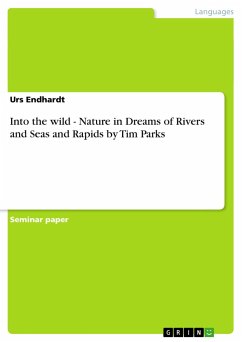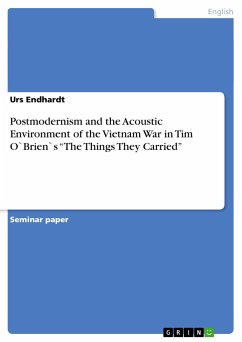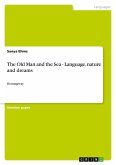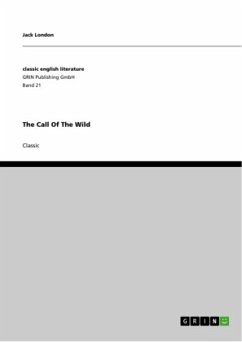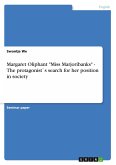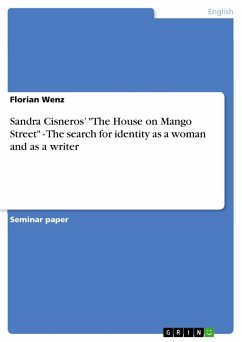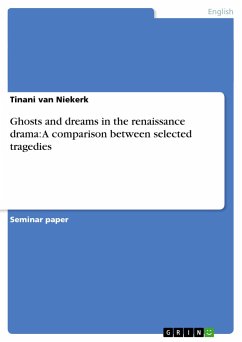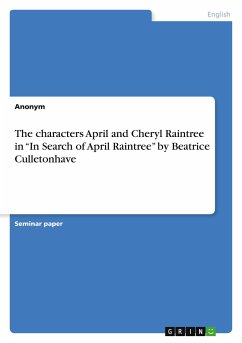Seminar paper from the year 2013 in the subject Didactics - English - Literature, Works, grade: 1, 3, University of Basel (Englisches Seminar), language: English, abstract: Hurricane sandy, which raged over the Eastern United States last autumn and caused widespread damage and claimed the lives of over hundred people, was a reminder of how relevant the first quote still is. And Goethe was also right in writing that nature goes its own way. His last sentence, however, is not true anymore. Humanity influences nature, causes these exceptions, and is affected by the results. In this paper, I am going to examine Tim Parks' novels Dreams of Rivers and Seas and Rapids from this point of view. In both novels the protagonists try to gain control over nature and to overcome the hardships which it imposes upon them, but finally have to recognize that it has not only prevailed, but has also altered them and their lives profoundly. As nature has a wide-ranging meaning in literature, the term needs to be narrowed down at first. While the lexical definition is understandable, describing it as "the phenomena of the physical world collectively" (OED 2013), the debate in philosophy is more complex, discussing whether nature exists in reality or only as a social construction in our heads. Dingler (2005: 29-30) concludes that in modern thinking humans consider nature to be a "Teil der Realität [...] der vom Menschen unabhängig ist." Only through knowledge is it possible to acknowledge the reality of nature. This theory is based on the Cartesian dualism, which distinguishes between the sphere of nature and the sphere of culture (31). As humans we live in the sphere of culture, yet we are also inhabitants of nature, and existed in it before we even developed a noteworthy culture. Humans are considered as being born wild and egoistically, and only through cultural influences such as education and norms do we develop the ability to live together (Borghini 2013). In the course ofthis paper I am now going to work out which different approaches to nature the protagonists have, and how they are related to it. Additionally, I will discuss the effects which the contact with nature has on the development of the protagonists. I am also going to identify different motifs which Parks employed in the novels, and analyze them in consideration of their relation to nature and the actions of the protagonists. Given the fact that nature is a literary topic since thousands of years, I will also contextualize and compare Park's novels with other literary writings of different origins and epochs.
Bitte wählen Sie Ihr Anliegen aus.
Rechnungen
Retourenschein anfordern
Bestellstatus
Storno

